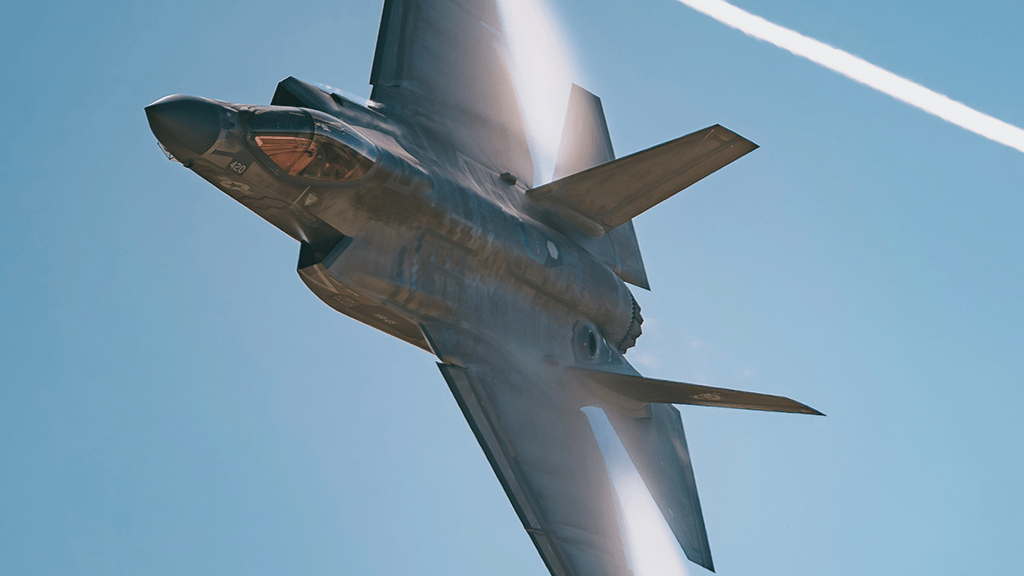Russian Drones Over Poland Raise Civil Aviation Risk

Russian Drones Over Polish Airspace Threaten Civil Aviation Safety
Russian drones violating Polish airspace raise civil aviation risk, as recent incursions forced Poland to suspend commercial air operations and divert flights across its eastern border. The airspace breach, which occurred between September 9 and 10, resulted in 19 drone violations—many reportedly launched from Belarus—prompting the immediate closure of Warsaw-Modlin, Rzeszów-Jasionka, and Lublin airports.
The Polish Armed Forces, in coordination with NATO, intercepted several drones, but not before causing panic among aviation regulators. Airlines were forced to reroute or delay flights without warning, disrupting schedules and inflating fuel and insurance costs. Flight paths over eastern Poland are now under scrutiny, with operators adjusting to avoid unpredictable threats.
Russian drones violating Polish airspace raise civil aviation risk not only due to safety concerns, but also because of escalating geopolitical tensions. Poland has issued a formal NATO Article 4 alert, requesting consultations on collective defense and the protection of civilian airspace. The Polish government has also introduced a temporary ban on non-essential civilian aircraft, including drones, in border zones for a period of up to three months.
The implications extend beyond Poland. Civil aviation experts warn that eastern European air corridors may become increasingly volatile, especially near Belarus and Ukraine. Carriers are now planning alternative westward routes, daylight-only schedules, and increased onboard fuel to prepare for sudden diversions.
Insurers are expected to revise coverage terms for flights operating near conflict zones. Underwriters have flagged repeated airspace violations as a “non-traditional threat” with potentially high economic and safety liabilities.
Russian drones violating Polish airspace raise civil aviation risk by exposing blind spots in NATO’s civil-military coordination on airspace safety. Experts argue that military-grade drone detection systems must now be integrated into civilian aviation infrastructure, particularly in frontline EU nations.
Diplomatic fallout continues, with the UN expected to debate the airspace violations. Meanwhile, Moscow denies any intent to target Poland. Warsaw, however, remains unconvinced, insisting that repeated drone overflights are not coincidental.


















































